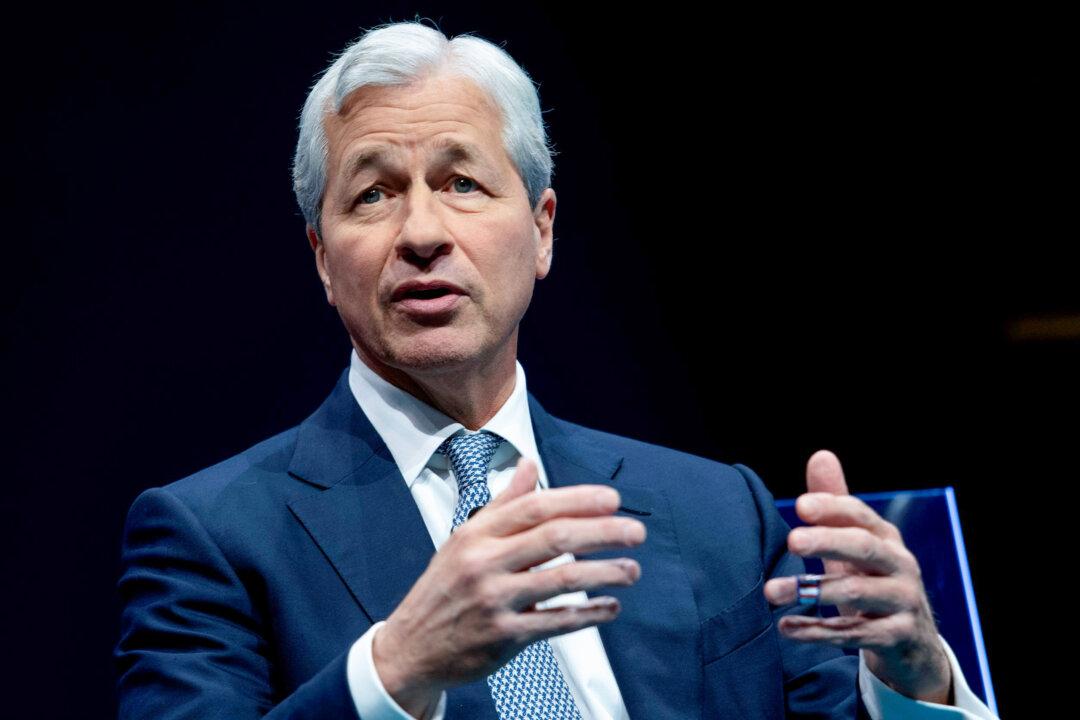JPMorgan Chase CEO Jamie Dimon on Friday warned of “considerable turbulence” to the U.S. economy after tariff announcements this week as well as longstanding inflation and high deficits.
In a filing with the Securities and Exchange Commission (SEC) on Friday, Dimon said that “the economy is facing considerable turbulence (including geopolitics), with the potential positives of tax reform and deregulation and the potential negatives of tariffs and ’trade wars,' ongoing sticky inflation, high fiscal deficits, and still rather high asset prices and volatility.”





